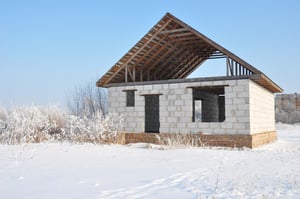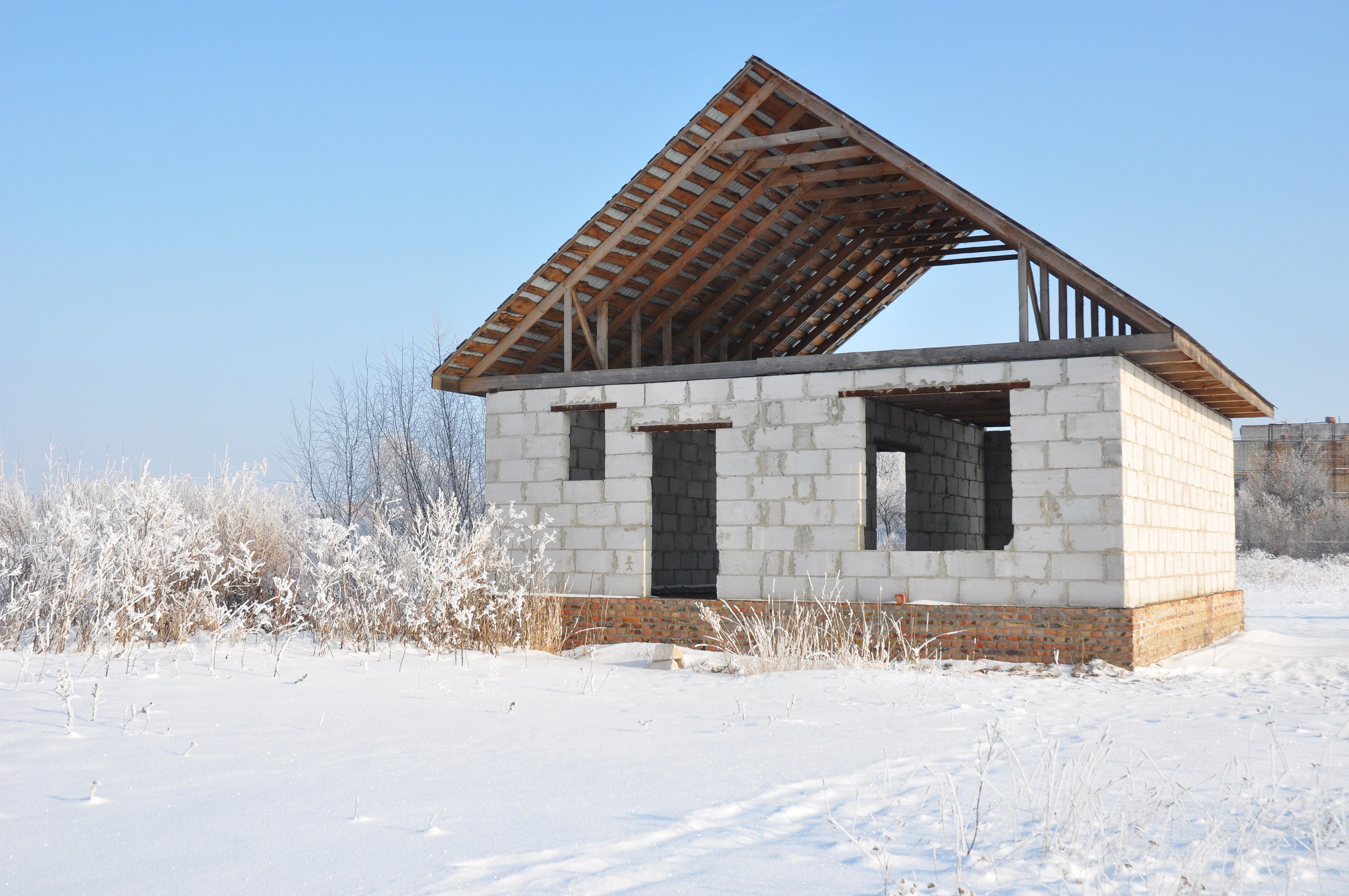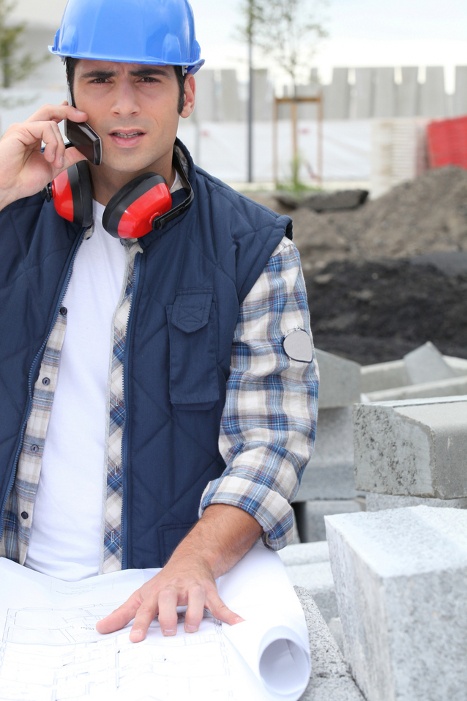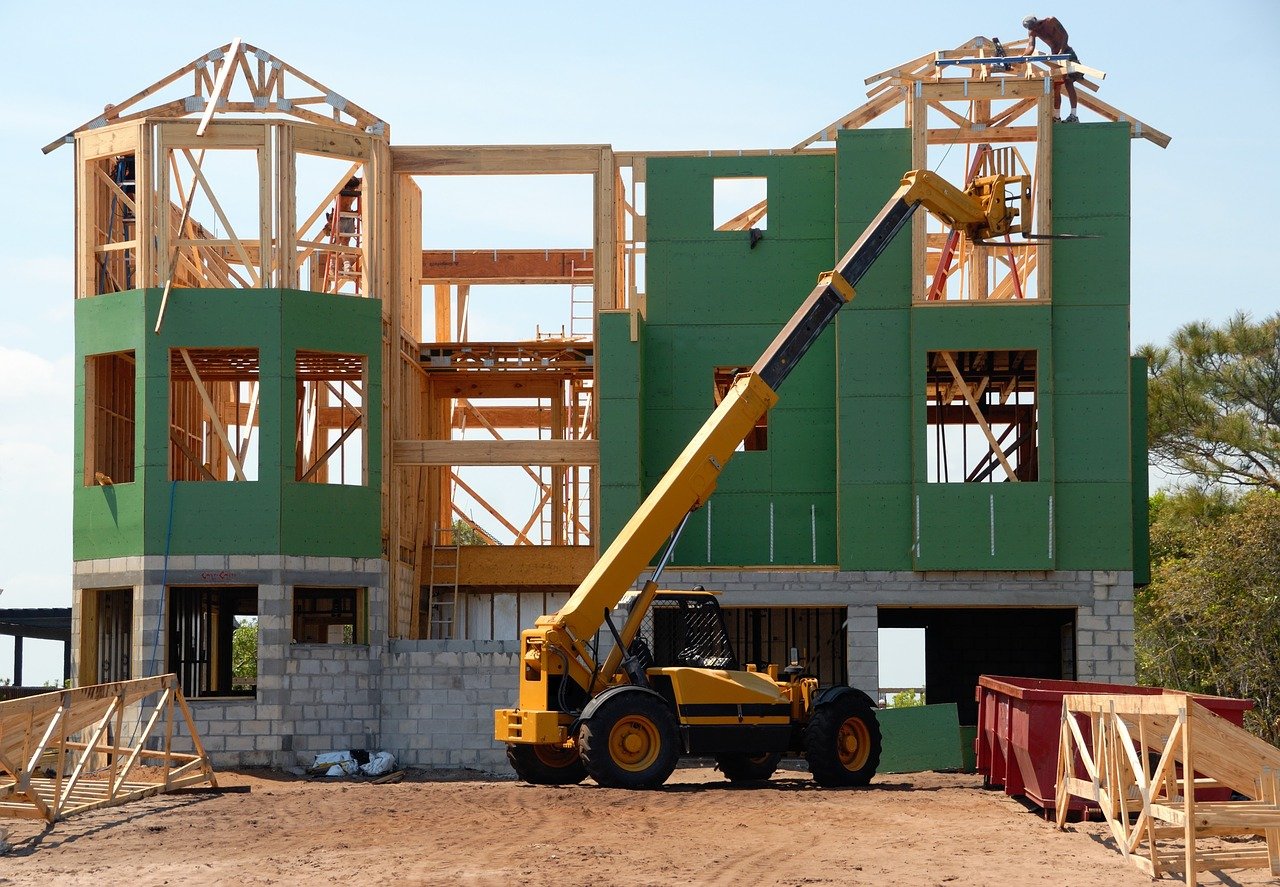What Should I Do When My Custom Home is Being Built Too Slowly?
 It’s absolutely normal to be eager to take possession of your brand new home. It’s normal to be impatient and to want to hurry the process along. However, when it comes to custom homebuilding process, there’s really no way to rush the job without compromising on quality. Since you already spent enough time figuring out how to find a home builder, and now you're spending good money on your new house, you don’t want to cut corners just for the sake of moving in a bit sooner.
It’s absolutely normal to be eager to take possession of your brand new home. It’s normal to be impatient and to want to hurry the process along. However, when it comes to custom homebuilding process, there’s really no way to rush the job without compromising on quality. Since you already spent enough time figuring out how to find a home builder, and now you're spending good money on your new house, you don’t want to cut corners just for the sake of moving in a bit sooner.
Here’s what you need to know about how long your build should take, what might slow it down and how you can help to speed up the process.
How Long Does Construction Normally Take?
The time required to complete a construction project depends on the size and complexity of the project, the capacity of the contractor and several other factors. Generally, however, new homebuilding projects are measured in months (many months for larger homes, and somewhat shorter timelines for smaller homes) and renovations in weeks or months.
If you don’t have any idea how long your build will take, be sure to ask your contractor for an estimate of the time as well as price when you contact them for a quotation or proposal.
What Affects Project Time Frames?
In most cases, builders and contractors will try to keep your building or renovation project within the time period they initially quoted you. But occasionally, factors outside of their control may add to the time required to complete the project. Those factors may include:
- Difficulty sourcing specific materials or design elements, or delays in delivery to the site.
- Materials or finishes that are incorrectly supplied.
- Extreme or unseasonal weather. While most contractors account for some bad weather, if the weather is considerably worse than expected, that will be a factor.
- Unexpected subterranean issues, such as hard rock, unmarked pipelines or services or even archeological finds.
- Frequent changes to the scope of work, design or other elements.
Sometimes contractors will be able to add more manpower or change their methodology to minimize delays, but often these issues will simply add to the time you have to wait for your new home or addition to be ready for delivery.
What Can You Do to Reduce Building Time?
As a customer, there are several things you can do to help cut down the time frame for the delivery of your new home or addition, including:
- Take care when selecting a contractor to find one that’s experienced in the type of project you need done and who is neither under-staffed nor overworked.
- Try not to choose hard-to-find or difficult-to-install materials or design elements, which may slow down construction or finishing.
- Avoid making frequent changes or contacting your builder too often. This will only slow down the process further.
- Temper your expectations. The planning stage of any construction project is always longer and more time-consuming, so if you think progress is slow, it may just be because it’s early on in the custom home process.
Ideally, your contractor will keep you up to date regarding the progress on your build; that should take the edge off during your project. If not, try to limit your calls and inquiries, but don’t be afraid to ask questions. It’s always better to know what’s going on than to wait impatiently in silence!







